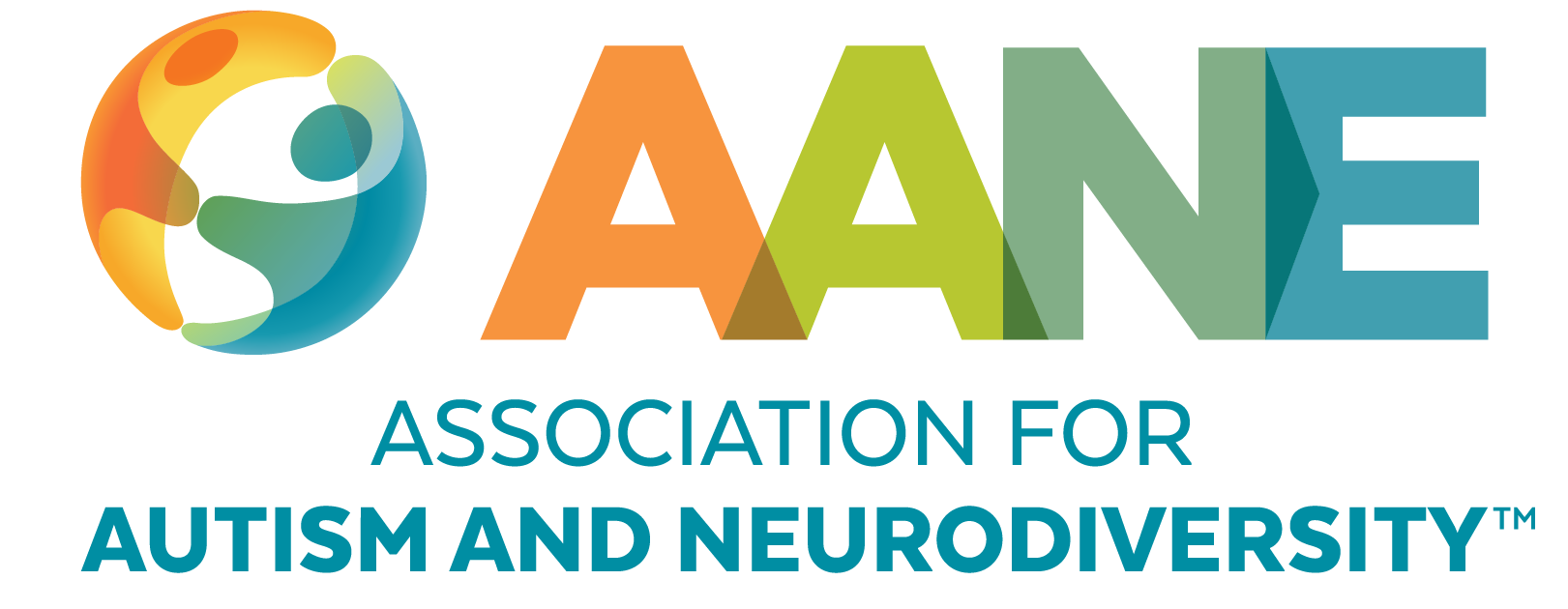About the Author
Dania Jekel, MSW is co-founder and former executive director of AANE. She was one of the first people to develop programs to train professionals about the needs and strengths of people on the autism spectrum, especially adults, women, and those who receive a diagnosis later in life. She also served on the Massachusetts Autism Commission.

I discussed the impact of receiving a diagnosis later in life with a small group of Autistic adults. Most felt it was a huge relief to discover there was a reason for the many struggles they had faced during their life. One remarked that getting a diagnosis was like “waking up to the sun after many dark days.” Another said it was “the most transformative event of her life.” A third person told us he divided his life into “BD” and “AD” — Before Diagnosis and After Diagnosis.
One older individual wondered if he had been diagnosed as a child, back when students with special needs were automatically put in separate classrooms, if he would have received an academically challenging education. But even acknowledging this possibility, the people in this group felt an earlier diagnosis would have alleviated a lot of the emotional stress and trauma they experienced growing up, both in school and at home.
Unfortunately, this is the case for many people. They grew up during a time when Autism was not a spectrum. When they were children, many were labeled with a learning disability or a psychiatric diagnosis, but they knew this wasn’t the entire explanation or didn’t quite fit. Many women were missed because they didn’t fit the established diagnostic criteria. Others were thought to be neurotypical because their cognitive abilities, memory, and verbal skills masked their challenges.
Many adults come to realize they are Autistic after their own child is diagnosed. But more often, our members search the internet for explanations of why they have always felt like aliens. When they find the description of autism, or take one of the many online quizzes, it points them toward a description of Autistic traits, and it often feels like finding the missing element that completes the picture of their life. When they make this discovery at age 40, 50, 60 and often even later, some feel like it’s too late to make a difference, but others go on to embrace it and learn more about what it means for them.
So, what are the issues we see when people on the spectrum grow up and mature without this realization?
- They may blame themselves for not achieving what the world feels they should have achieved.
- They may struggle with self-worth and identity.
- They may be confused about why things are challenging, such as getting things done, building relationships and friendships with others, and constantly battling feelings of anxiety and depression.
- They are often subjected to life-long criticism, which results in a great sense of shame.
- People mistakenly label them as lazy, incompetent, unpleasant, unfriendly, or not caring.
- If they were misdiagnosed, they may have trouble finding the right type of support, understanding, or therapy.
- For good or bad, they might have pushed themselves to do things that were extraordinarily difficult for them, perhaps achieving great things, but at a huge emotional cost.
- They may have unknowingly put themselves into environments that are especially overwhelming for them.
- They may have been vulnerable to predatory people and the manipulative behavior of others.
So what is it like to realize you are on the spectrum later in life?
- Getting an autism diagnosis or identifying with Autistic traits in itself doesn’t alleviate the challenges or change a person, but it does provide an understanding and explanation of that person’s unique neurology and how it has impacted their life.
- It can take a while, sometimes up to 2 years, to incorporate this new knowledge into a person’s self-understanding and identity.
- Some grieve for the life they could have lived and their subsequent lost potential if they had understood themselves, but find it constructive to review and re-evaluate their past life and relationships through this new lens. They may even be able to repair damaged relationships.
- If a person discloses their diagnosis to the outside world, it often leads others to be less judgmental.
In conclusion, it’s never too late. Newly realizing one’s neurology, even as an older adult, can be transformative. If you are coming to a new understanding of yourself, I hope it will bring you clearer insight into your past, and with this increased self-knowledge and new identity, you can embrace a life which suits you moving forward.
Stay Current
Subscribe for AANE weekly emails, monthly news, updates, and more!






